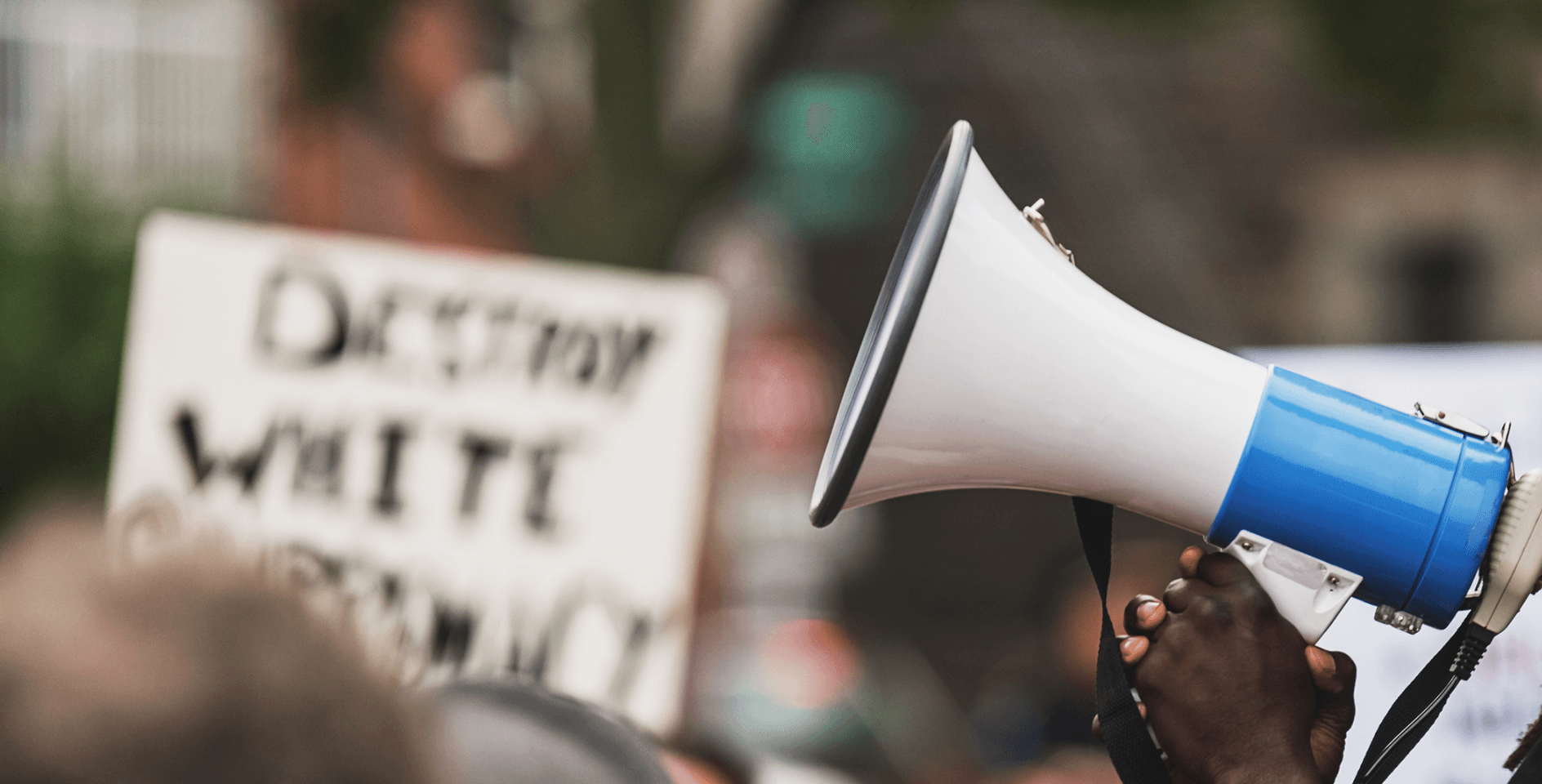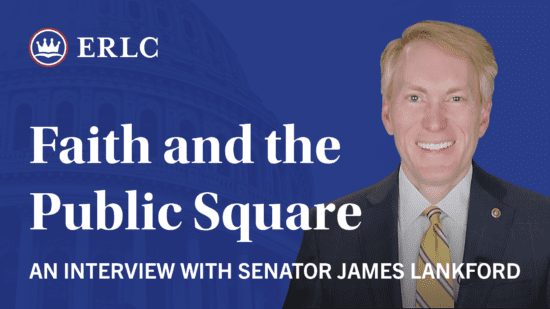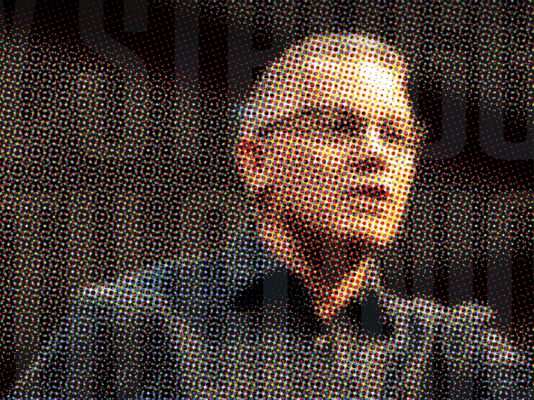What just happened?
An ongoing series of protests began on May 26, 2020, in the Minneapolis–Saint Paul metropolitan area. The inciting event was the homicide of George Floyd, a 46-year-old black man, by multiple officers with the Minneapolis Police Department, most notably Derek Chauvin, the officer who pressed his knee on Floyd’s neck for eight minutes and 46 seconds. Since then, the events in response to police brutality, protests and at times riots, have spread throughout the United States and to several countries around the globe.
What is the difference between a protest and a riot?
Protests are public events in which citizens express their disagreement, disapproval, or opposition. Riots are violent disturbances of the public peace by three or more persons assembled together and acting with a common intent. Rioting includes a range of criminal behavior, including arson, looting, and vandalism.
Protests are an important political activity and are protected by the First Amendment. The right to assemble for protest has been a crucial legal and cultural protection for groups seeking to express their views, like pleading for racial justice, or protecting the rights of the unborn and promoting religious liberty.
In contrast to protest, riots are a form of criminal behavior. This is why the terms should be used exclusively for the activities they are describing. Referring to protesters as rioters implies that they are engaging in illicit activity, while referring to rioters as protesters implies their actions aren't criminal.
Unfortunately, rioters often take advantage of protests, and the distinction between a riot and a protest can shift as criminal actions overshadow the news coverage of the peaceful activity.
Where are the riots and protests occurring?
Protests have occurred in more than 400 cities and towns in all 50 states. Outside the U.S., protests have occurred in Athen, Auckland, Berlin, Brisbane, Calgary, Copenhagen, Lagos, London, Montreal, Paris, Perth, Rio de Janeiro, Sydney, Tel Aviv, Toronto, Vancouver.
Rioting has also occurred in numerous cities. At least 12 major cities have implemented night time curfews, and governors in 24 states and the mayor of Washington, D.C., had called in 17,000 National Guard troops.
Who is doing the rioting?
Because the riots are occurring in so many locations across the country, it is difficult to present an accurate demographic portrait of the rioters. The result is that misinformation and overstatement by some public officials, as well as rumor and speculation, have clouded the discussion about who is behind it.
For example, in some locations—such as New York City—rioters from outside the local area are a significant factor (in NYC, about 1 out of every 7 arrests for rioting has been people from out of state), while other places—such as Columbus, Dallas, and Minneapolis—the agitators have been local.
Similarly, the blame has also been put on far-left anarchists, like antifa, as well as far-right white nationalist groups, like the boogaloo bois. The issue is clouded even more because those groups often point to each other (a white nationalist group posing as antifa was found to be inciting rioting on social media), and because they are decentralized, and often disorganized, there is no clear way of identifying their ideology. There have even been reports of possible foreign influences attempting to use the riots to incite further violence among Americans.
What we can know for sure is criminals and extremists often use the cover of large crowds to disrupt the peace.
What leads people at a protest to riot?
This question needs to be deconstructed because violent rioters and peaceful protestors are rarely the same people, even if they are mixed into the same crowd. Studies of previous riots have found that people come to an event with either a specific desire to assemble peaceably or an intention to take advantage of an opportunity to engage in criminal actions. While it’s possible for one group to turn into the other, such overlap is relatively rare.
In their 1994 paper, “Understanding Riots,” David D. Haddock and Daniel D. Polsby explain the initial conditions from which a riot often begin:
When something happens that causes a large number of riot-prone people to mass spontaneously in one place while police cannot mass at a correspondingly rapid rate, the cost of starting a riot, as anyone participant would figure it before the fact, would begin to decrease dramatically. It would decrease still more if it seemed to a prospective troublemaker that his own hopes and expectations about the potential behavior of the crowd were also the hopes and expectations of many of its other members, because in that case it would seem a better bet that if he did cast the first stone, many others would follow.
In the past, riot-prone people faced an informational asymmetry: Unless they showed up with other people who also intended to riot, they couldn’t be sure other people would follow their lead. However, social media has made it possible for such troublemakers to coordinate riotous activity—even when they do not know each other.
For example, an anonymous account may post that they will be attending a protest and signal that they will be engaging in property damage. By using a hashtag connected to the protest, other potential troublemakers can see the intention. Knowing that “if he did cast the first stone, many others would follow” lowers their individual risk of starting such violent behavior. As Haddock and Polsby say, the logic is, “If somebody else gets the riot started, I can participate without much risk. But if I stick my neck out and nobody follows, I’ll be the only one arrested. So I’ll wait for somebody else to go first.”
How do these protests and riots compare to similar incidents in the past?
The latest events are part of a long history of protests and riots in the United States that are related to racial injustice.
Since the Civil Rights-era of the 1950s and early 1960, there have been thousands of protests, and from 1964 to 1971, as many as 700 riots erupted in cities across America. From 2000 to today, there have also been at least a dozen mass protests or riots that were sparked by incidents involving racial minorities and police departments.
In terms of arrests, loss of life, and property damage, the riots of 2020 are likely to be the most destructive since 1968.
Why this issue matters for Christians?
Last week, Southern Baptist leaders issued a joint statement on the death of George Floyd that helps to explain why this issue is of importance for all Christians.
As a convention of churches committed to the equality and dignity of all people, Southern Baptists grieve the death of George Floyd, who was killed May 25, 2020, in Minneapolis, Minn.
While all must grieve, we understand that in the hearts of our fellow citizens of color, incidents like these connect to a long history of unequal justice in our country, going back to the grievous Jim Crow and slavery eras. The images and information we have available to us in this case are horrific and remind us that there is much more work to be done to ensure that there is not even a hint of racial inequity in the distribution of justice in our country. We grieve to see examples of the misuse of force, and call for these issues to be addressed with speed and justice.
While we thank God for our law enforcement officers that bravely risk their lives for the sake of others and uphold justice with dignity and integrity, we also lament when some law enforcement officers misuse their authority and bring unnecessary harm on the people they are called to protect. We further grieve with our minority brothers and sisters in the wake of George Floyd’s death, pray for his family and friends and greatly desire to see the misuse of force and any inequitable distributions of justice come to an end.
Throughout the Old and New Testaments, the Bible speaks to matters of justice and human dignity. We are taught by Scripture that human beings are distinct among the rest of creation as those beings which bear the divine image. From the beginning of life to the end, all human beings, both male and female–of all ethnicities, colors and ages–are sacred beings that God values and loves.
Throughout the law, the prophets, the gospels and the entire canon of Scripture, murder is condemned and God’s people are called to protect the vulnerable. The Bible further condemns injustice and the misuse of authority and force. And in the example of Jesus Christ, God’s people are called to love others, care for their needs, grieve with them in brokenness and labor for the well-being of our neighbor. To follow Christ is to follow in these examples He puts before us.
Therefore, as a matter of Christian obedience and devotion, followers of Jesus Christ cannot remain silent when our brothers and sisters, friends and/or people we seek to win for Christ are mistreated, abused or killed unnecessarily.
Therefore, we pray for our local, state, and national leaders as they seek justice, and call on them to act quickly and diligently to ensure that these situations are brought to an end. As a people, Southern Baptists stand ready to help towards that end. May God give us His favor, help and strength in this effort.









